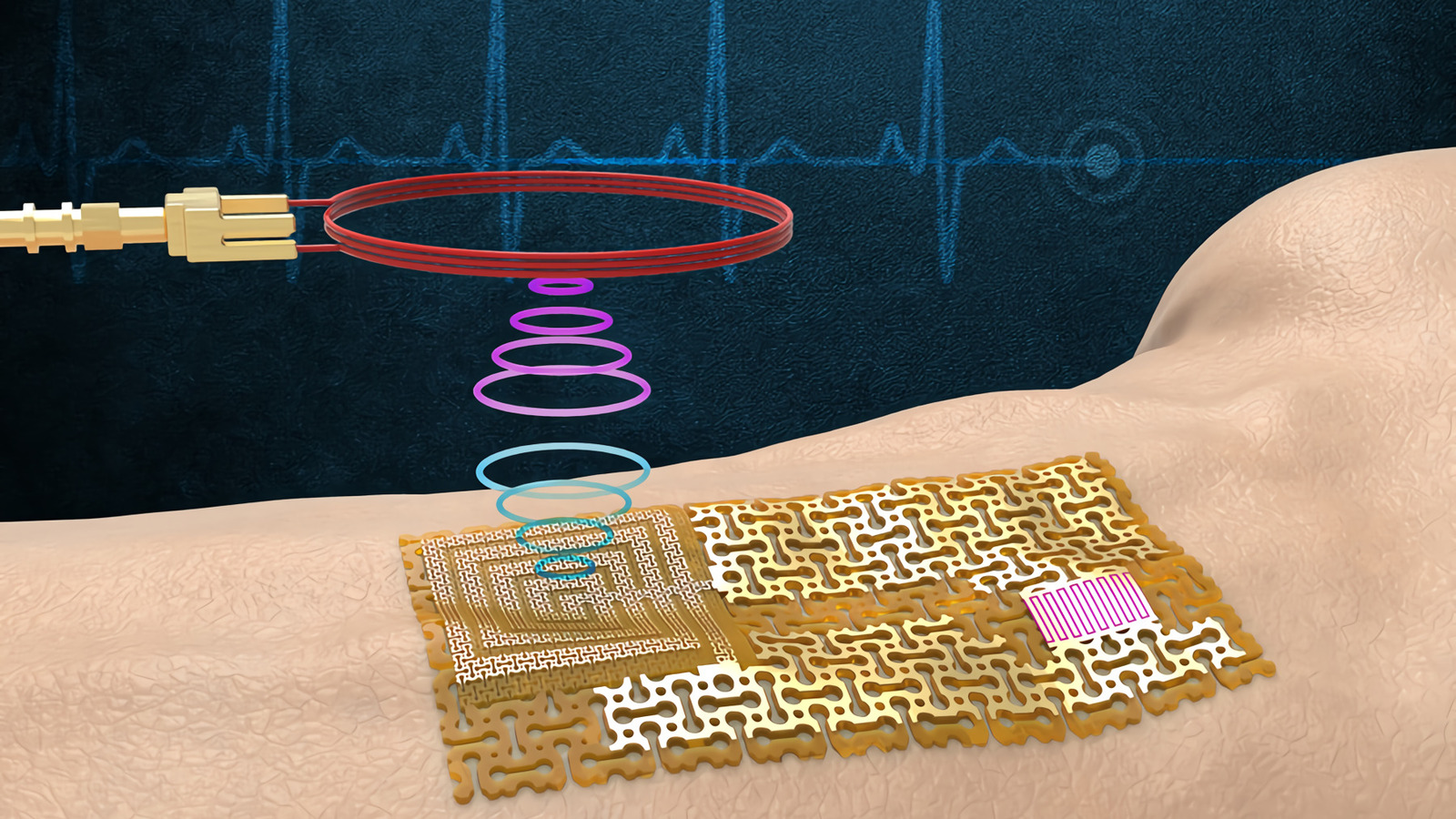This Electronic ‘Skin’ Lacking A Chip Could Be The Future Of Wearables

But here’s the exciting part: The electronic skin can also be easily customized with a different kind of ion-sensing membrane that is sensitive to other chemicals like glucose and cortisol in the sweat. “We showed sodium sensing, but if you change the sensing membrane, you could detect any target biomarker,” adds co-author of the paper, Jun Min Suh.
In 2018, a team from Stanford University also came up with a wearable device that can measure cortisol levels in sweat and analyze stress levels. Additionally, 2021 wearable-centric research from the Ecole Polytechnique Fédérale de Lausanne in France revealed that cortisol can be used as a biomarker for treating conditions like burnout and obesity.
Another critical benefit is that the electronic skin is flexible, which means the comfort aspect has already been taken care of. That’s a huge relief, as sleeping while wearing a smartwatch so that it collects detailed information about heart rate patterns is not the most comfortable experience. Plus, sleep tracking coupled with continuous heart rate monitoring is also quite taxing on the battery life of a smartwatch.
An electronic skin that can transmit data related to heart rate and changes in the chemistry of sweat without a chip or transmission gear is a truly remarkable step. Work in the domain has been making tremendous process. From the potential for tattoos that monitor health to artificial skin that can heal its own bruises, the possibilities are almost endless.
For all the latest Games News Click Here
For the latest news and updates, follow us on Google News.
